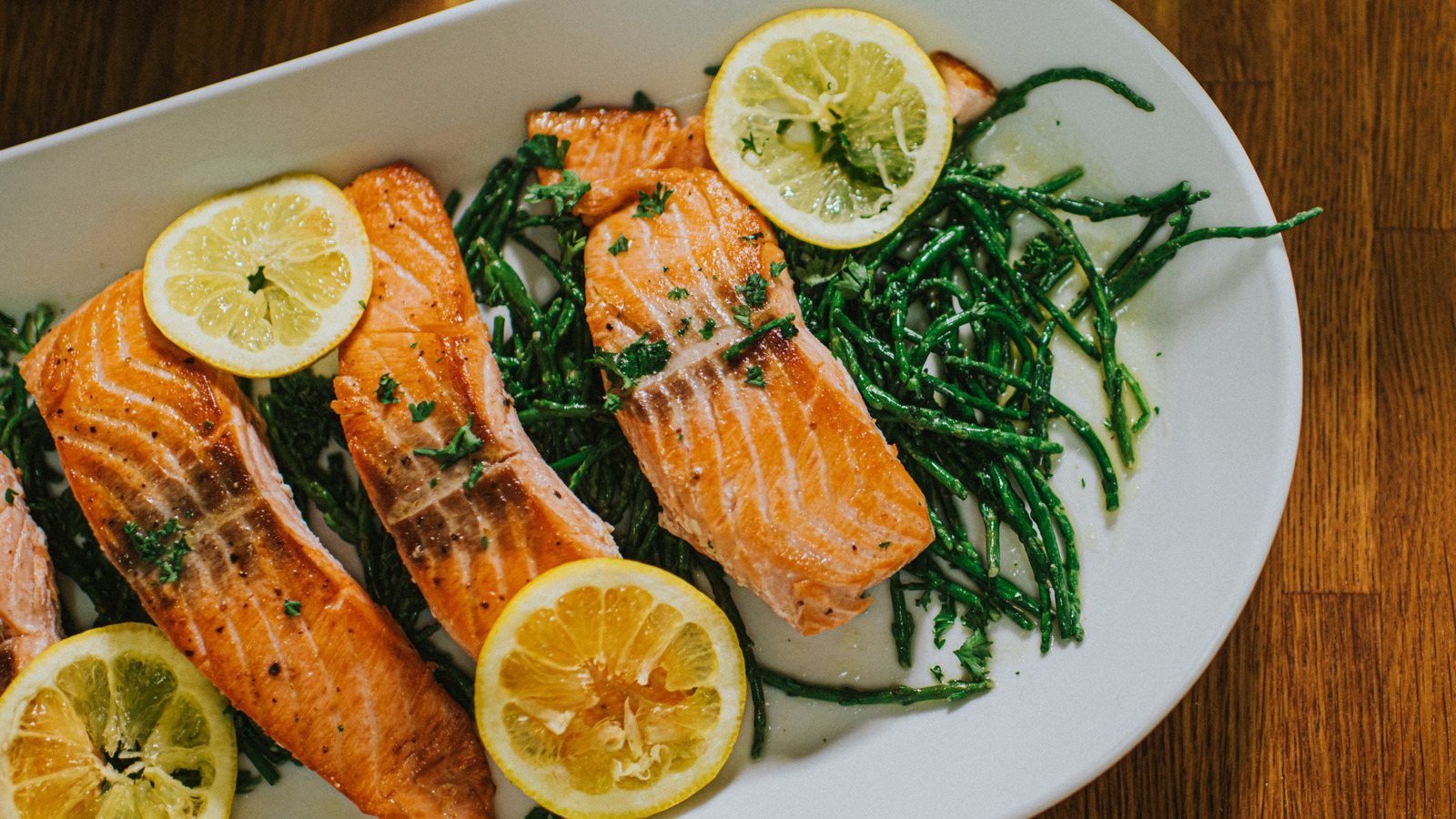
"One of the first things you might do when you plate your grilled salmon, or the server delivers your shrimp cocktail, is squeeze a bright, beautiful lemon wedge all over that sweet, briny seafood. It might feel like an instinct after years of enjoying different fish dishes, but have you ever stopped to wonder why seafood and lemon specifically? Turns out, lemon and seafood have been a combo as iconic as peanut butter and jelly since the Middle Ages."
"They believed the acid of lemon juice would prevent choking because it would break down any fish bones accidentally swallowed. While that might have later proved to be superstition, one can assume something as intensely acidic and flavorful as lemon would have improved the experience of eating fish pre-refrigeration (and other safety and preservation methods). To this day, if someone doesn't like seafood when it's a bit "fishier," lemon's brightness would counteract that characteristic."
People have paired lemon with seafood since the Middle Ages. Centuries ago, cooks believed lemon juice's acid would prevent choking by breaking down swallowed fish bones. That belief became superstition, but lemon's acidity and flavor likely improved the taste and palatability of fish before refrigeration and modern preservation. Lemon brightens and counters a 'fishier' character, balancing sweetness and fattiness in many seafood dishes. The pairing became natural in Mediterranean cuisine where both ingredients are abundant and spread to other coastal regions. Comparable citrus choices appear elsewhere, such as yuzu with fish in Japan and lime in Peru.
Read at Tasting Table
Unable to calculate read time
Collection
[
|
...
]